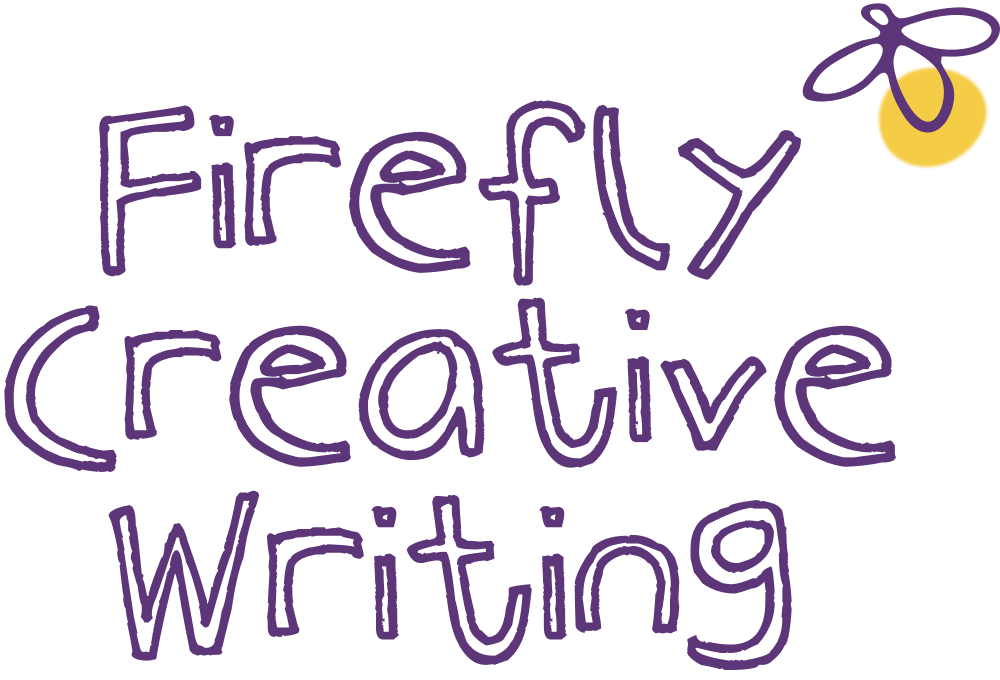Navigating the traffic circle of December.
A yellow legal pad on an old wood table from above, with house plants, a blue mug of tea, a candle, ear buds, and a copy of the book Spilling Open by Sabrina Ward Harrison.
Lately I’ve been thinking about this traffic circle in Holland.
Mark Nepo writes about it in his book, More Together Than Alone. It’s a big one, apparently, five streets coming in and out, lots of congestion. For a long time, traffic accidents were going up.
The district did the things you’d think to do — lower speed limits, bigger signs, but nothing helped. Eventually, a young civil engineer made a suggestion: Stop trying. Take the signs down. Let people figure it out. Almost right away, accidents started to go down.
I instantly wanted to apply this to all of life.
Let’s start with writing. Every writing project asks us to leave home and go somewhere new. An idea, a title, a niggle, a bolt of anger or grief… Something knocks on our door and ushers us to the open road of the page.
We think we know where we’re going, but of course we don’t. It get confusing. There are long spells of quiet highway when we think we’ve lost our way. We ache for direction, instructions, clarity.
I can’t tell you how many people come to Firefly looking for rules, or as it’s called in the literary world, “craft.” What is a story, they ask. What is a poem? How does it work? I need to know.
I think about Zadie Smith in those moments, who speaks beautifully about the impossibility of talking about craft in the abstract.
“In my opinion, one should run, not walk, away from any essay entitled “the art of fiction” that is not about the art of a particle piece of fiction (….) Each individual novel is its own rule book, training ground, factory, and independent republic.”
Yes yes yes yes yes.
Don’t get me wrong, I love a good poetry device or plot tool. Kim has taught me so much about the sheer creative energy that is unleashed when we find the right story structure at the right moment. When we choose the rules, they can bring enormous power.
But when we reach for them when we don’t need them, when we surrender our intuition to their authority, and things get messy. In the tender work of writing, our best tool is always our inner voice. Anything that brings us closer to that is going to take us far.
I don’t know about you, but I’m tired of all the road signs on my life path.
Intimacy, career, mental health, sexuality, inner work, choosing a partner, surviving December… there are so many places where universal instructions are far too limited for the fragile work of human-ing.
Zadie Smith again: “Each individual (novel) is its own rule book, training ground, factory, and independent republic.”
Or as the Jewish proverb puts it so well, “You can’t chew with someone else’s teeth.”
When they took the rules away, people knew how to drive that roundabout. They made eye contact, listened to their instincts, took care.
So, as we coast through the traffic circle of this December, my wish is that we trust ourselves more, that we find the route that work for us, that we claim the steering wheel and ignore the road signs that aren’t telling us what we need to know.
When it comes to your writing, we’d love to help.
Our deepest desire at Firefly is to help writers trust themselves.
We quiet the noise so that we can hear the quiet voices inside us that know what’s next. We believe that writing is an inside job, and that the real work of a creative community is to hold the power of each other’s voices in deep respect and reverence.
No one gets the steering wheel on your road trip.
And it’s all your road trip.
In it with you,


